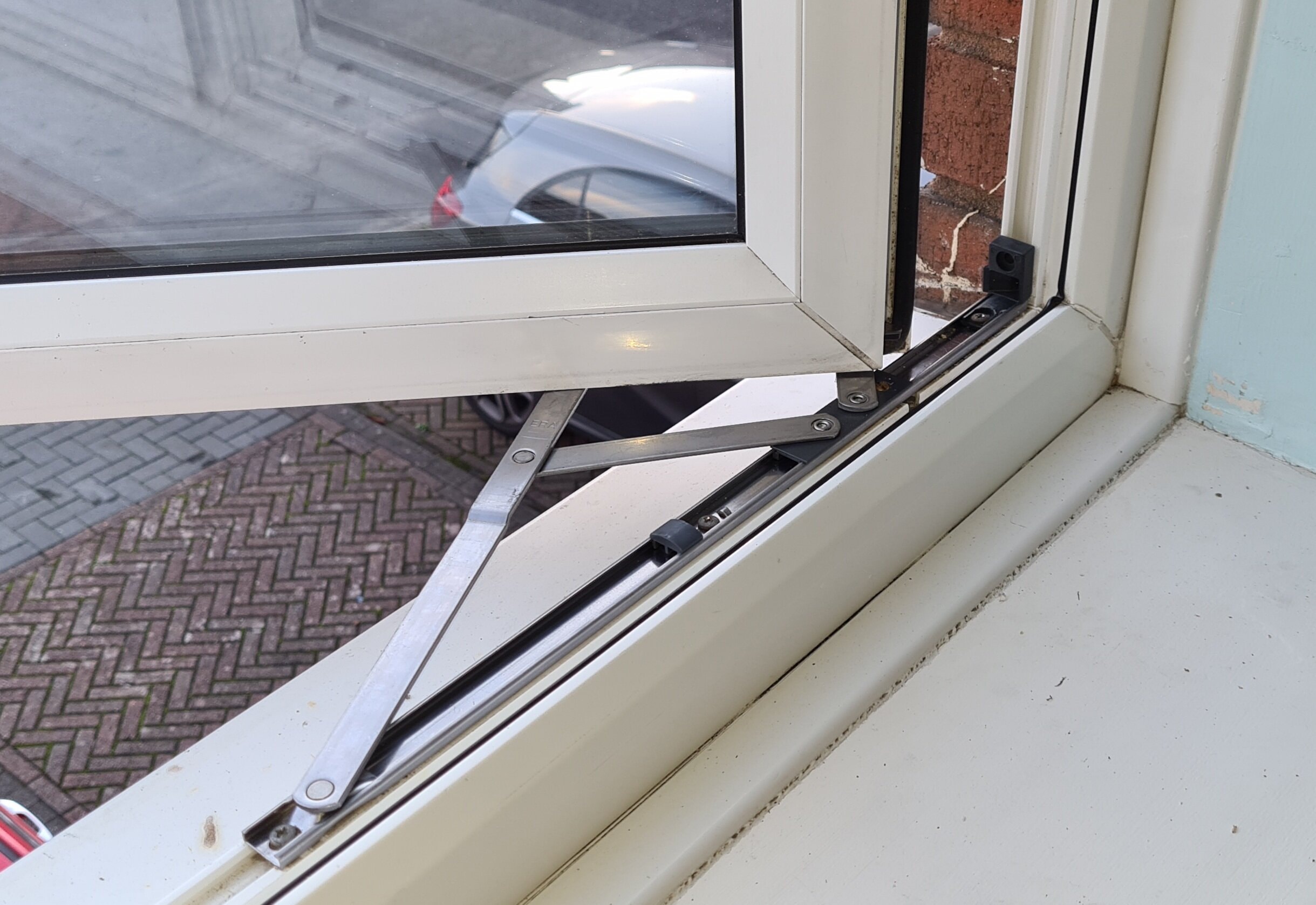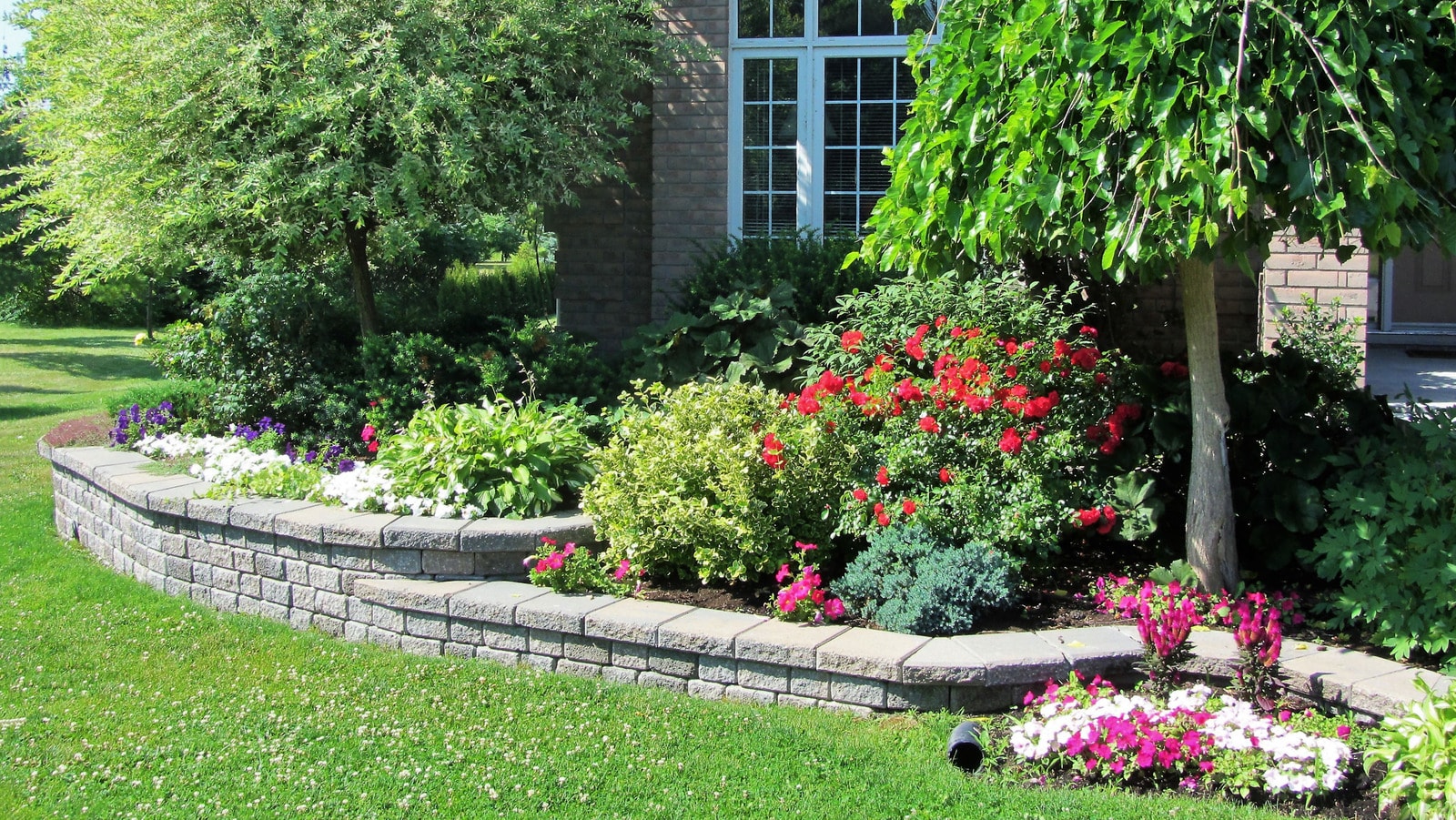7 Fatal Mistakes When Protecting Home Security – Are You Making Them?
Think your home is completely secure? You may be making some serious mistakes that bad guys can take advantage of. Let's explore 7 common mistakes and how to fix them before it's too late.
According to security expert Kirk MacDowell of Batten technology company (USA) - specializing in providing security solutions and products for families and businesses, summer is often the time when security is neglected because people travel and houses are less occupied.

While security cameras and other security measures can help increase safety, it's important to recognize and avoid common mistakes. Here are some serious security mistakes that both experts and thieves are aware of.
1. Do not lock windows or doors
It may sound obvious, but one of the biggest mistakes in home security is forgetting to lock windows or doors.
You might think burglars will break in by force, but in reality, they always look for the easiest and least noticeable way to get into a home. And nothing is more convenient than an unlocked door.

To prevent this risk, install a security camera in front of your door to deter bad guys. Additionally, window and door sensors can alert you when there are signs of unusual openings.
For added security, an internet-connected smart lock will give you remote control and even alert you if you forget to lock the door. Make sure your home is properly secured.
2. Hide keys in common places
Keeping a spare key outside can help you or a loved one get into your home when needed, but it also creates opportunities for burglars. Common places like under carpets, in potted plants, and window sills are the first places burglars look.
If they are detected, they can break in without any hindrance, even if there are people in the house, increasing the risk of insecurity.

Instead of hiding your keys in an obvious place, choose a more secure option:
- Security lockbox requires a code to open.
- Smart door locks allow PIN code entry instead of using physical keys.
- Smart lock connects to the Internet, allowing you to open the door remotely or grant temporary access to relatives without a key.
By using modern technology, you not only avoid risks but also make entering and exiting your home safer and more convenient.
3. Not maintaining your technology
Security cameras, smart locks, alarm systems, and smart home technology help protect your home, but only if they're working properly. Don't assume your devices will "always work" without checking them.
Check your security system regularly:
- Power source & battery:Make sure the device has power after a power outage and replace the batteries periodically.
- Surveillance cameras:Check that the camera is recording and that the lens is clean.
- Software update:If not updated, the device may become vulnerable to bugs or become a target for hackers.
A modern security system is only truly effective when it is properly maintained. If you neglect regular check-ups, a small problem like a dead camera battery, a faulty door sensor, or outdated software can create a major vulnerability, leaving your home vulnerable to intrusion.
Just one power outage without a device check, or one delayed software update, and you could unwittingly let thieves exploit a weakness in your security system.
So take some time to check and maintain everything to make sure it's running smoothly. A little care today can save you a big risk in the future.
4. Do not turn on the yard lights at night
Keeping your yard dark at night may provide privacy and limit light from entering your home, but it can also make it easier for intruders to sneak in. The darkness makes it easier for intruders to see inside through windows without being detected.
Instead of leaving your yard in the dark, install smart security lights. They not only illuminate the surrounding area, but also work with motion sensors and object recognition, turning on only when someone is present. This adds security without being blinding at night.
5. Let trees and bushes grow freely
Shrubs and trees not only add beauty to your garden but also provide shade on hot summer days. However, if left to grow too freely, they can cause major security problems.
Plants that grow too tall or dense can:
- Cover the windows, allowing intruders to enter without being detected.
- Obstructs the view of security cameras, reducing monitoring effectiveness.
- Leaning against a wall or roof, creating a fire hazard in the event of an accident.

If you find that your trees are obstructing or potentially dangerous, plan to prune them, or even replace them with trees that are less space-consuming and easier to manage. Maintaining your garden not only protects your home, but also improves its aesthetics and safety.
6. Tobagskinsectionroadtalentproductpreciouspricebelong toFriend
One of the easiest ways for thieves to find their targets is by observing what you put in your trash. If they see large boxes, especially from expensive electronics like TVs or appliances, they will know right away that you have new valuables in your home.
To avoid being targeted by thieves, always cut up large boxes before throwing them away. Avoid leaving any signs outdoors that you’ve made large purchases. Taking a little extra care in handling packaging can make your home safer from thieves.
7.Share activitiesstay home on social media
Many people want to share their joy with friends, but one of the most serious mistakes in family information security today is sharing too much private information on social networks.
You never know who is following your posts, especially if you have a lot of followers but little real-life interaction. Photos of your new gadgets or vacations can be a “signal” to bad guys, creating opportunities for theft.
To minimize your risk, review your follower list and remove people you don’t know. Avoid sharing your travel itinerary until you’ve returned safely. Also, refrain from bragging about expensive new purchases, especially if you’re not sure who will see those posts.





